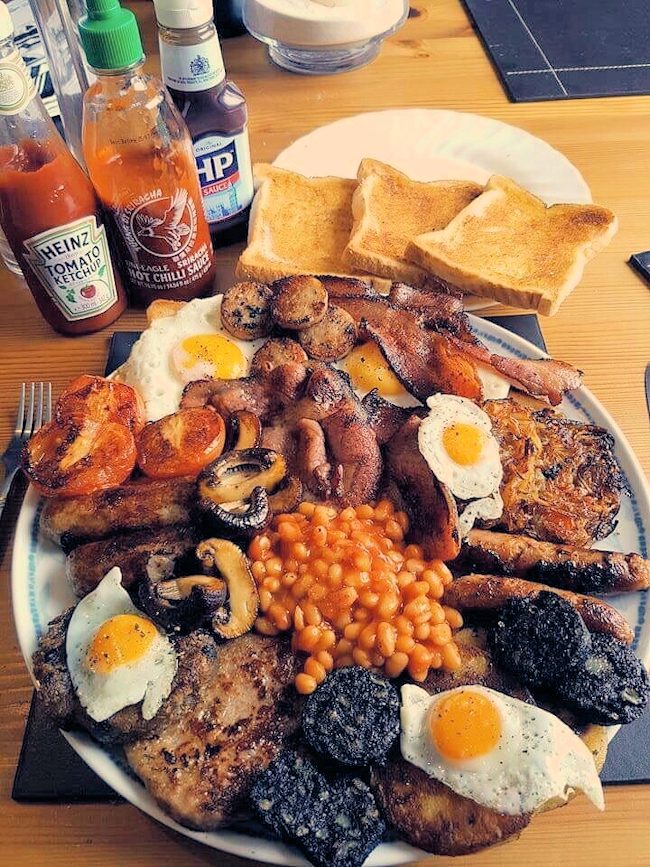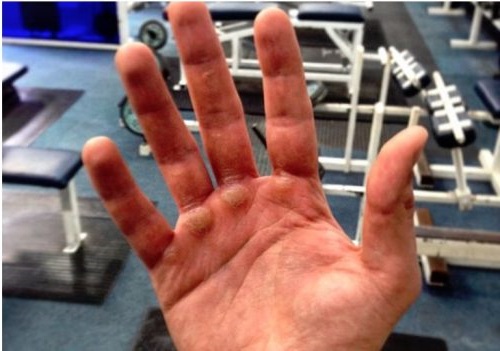I have often advised young men to get a trade before going off to college — and more especially so if they are unclear as to what career they choose to follow. There’s no point in getting into debt when a well-intentioned degree in, say, Languages does not result in decent job prospects, and even worse when you realize that your career preference is not really congruent with your degree — a youthful desire to become a recording engineer transforms into a real desire to become a doctor when maturity comes into play. (And note that I’m not even talking about worthless degrees in nonsense such as Post-Modernist Poetry or African-American Studies.)
In fact, I’d counsel young men to join the Armed Forces if they still haven’t made their mind up about their career by age 19. (My good friend Doc Russia is a case study in this scenario: shiftless yoot at 18, USMC for a few years, med school and now a respected doctor.) The military has a wonderful way of crystallizing one’s thought process and compelling maturity.
Now comes this little snippet from Over Here:
Electricians are earning as much as £3,000 a week as they cash in on a chronic shortage of skilled workers across the country.
That amounts to £156,000 a year – around six times the average wage and more than the £150,000 earned by the Prime Minister.
Plumbers and bricklayers are also benefiting, with wages rising by as much as 10 per cent in the past 12 months.
Plumbers can earn as much as £2,000 a week, while brickies can bring home £1,125 – more than £50,000 a year.
Of course, this should come as no surprise. I recall some years back when Reader Mark C., at that time an executive at a large corporation in the oil exploration / development business (think: Bechtel, Asea Brown Boveri, those kinds of companies) was bemoaning the fact that he was unable to find enough warm bodies to train as welders and oilfield technicians, even when after a two-year apprenticeship, newly-minted workers would have an internationally-portable skill set that could command a starting annual wage of over $75,000 — for a 21-year-old.
The same is true for carpenters (rough, finished or cabinet-makers), electricians (light- or heavy current) and many other such trades. All you need to do is look at the progress made by that Jason guy on the Holmes on Homes TV show — a raw, inexperienced kid with nothing but a strong back and willingness to learn; three years later a qualified construction project manager who could start his own business and make a small (or even large) fortune. Don’t even get me started on the pro electricians, plumbers and such who featured on the show: even for Canucks, they must each have made a fortune, and were worth every penny. (As I recall, Holmes used a young Polish plumber, an immigrant who could barely speak English, on his earlier shows; by the end of the third season, this same kid had his own business with lots of other kids now working for him, and spoke perfect English.)
Compared to that, a drama major or Womyn’s Studies professor look quite insignificant — which they should be.
I’ve said before that my late father always told me to work with my brain and not my hands. Considering that he started off as a welder / boilermaker and ended up as the owner of a civil engineering company, it was the worst advice I’d ever got. (He went to night school at the Tech while working his day job, and eventually graduated with a civil engineering degree. Not bad for a farm boy.) He always told me to get a degree — any degree — because I could always fall back on that if my chosen career as a professional musician didn’t work out. What he should have said was, “Do a trade apprenticeship — any trade — and you can always fall back on that if you decide that being a lawyer sucks.”
I often wonder what would have happened had I done a few years’ carpentry right after leaving school. Whatever I’d finally become, I’m pretty sure that there would have been far fewer periods of abject poverty in my life.












